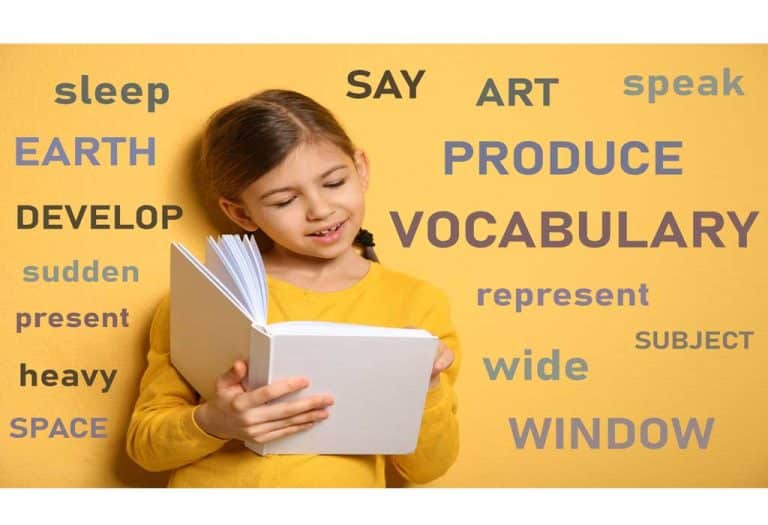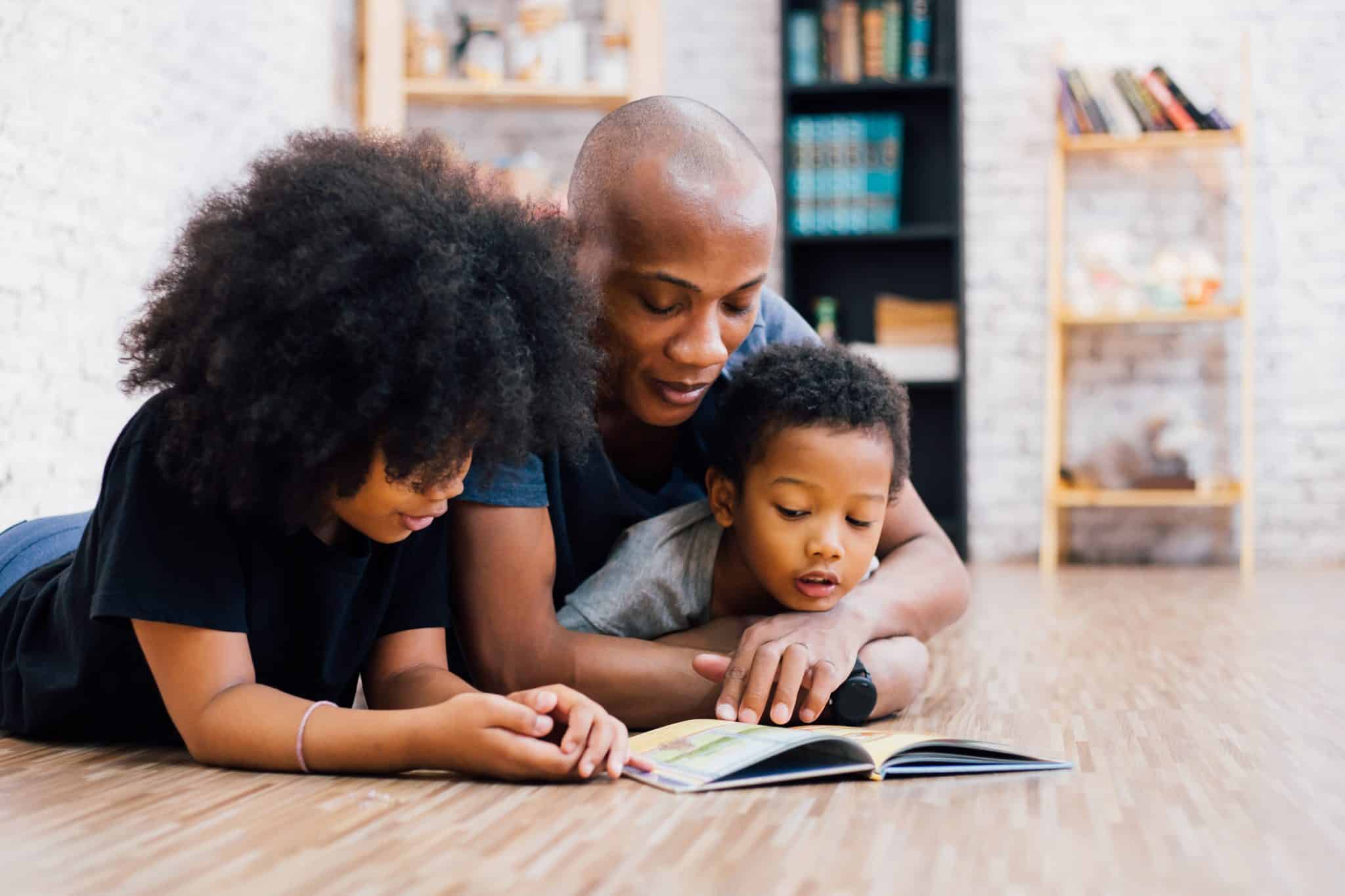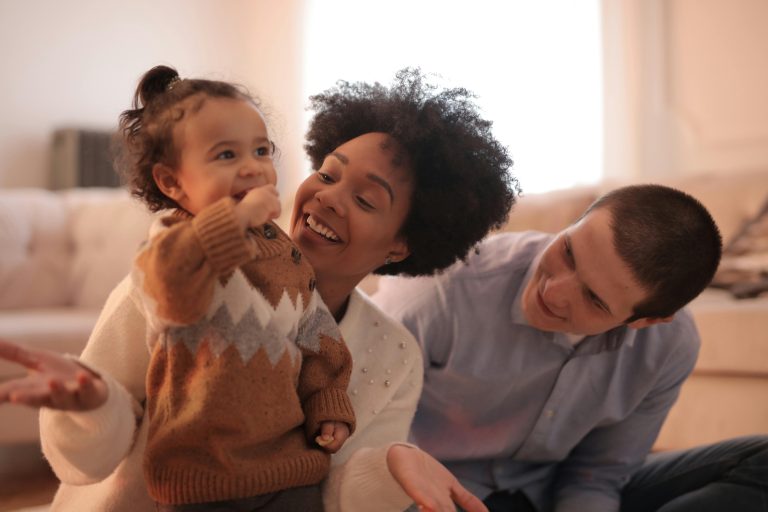Don’t you think books for kids are like special keys for learning words and reading? Well, yes!
They are not just fun stories with pictures but also help kids get better at talking and loving to read. These books are like friendly teachers helping kids with language and reading skills.
And when they follow the words on the pages, their brains learn new words and how to use them. This is like a workout session that makes them stronger and more flexible.
Interested in learning more? Check out our previous blog, where we’ve covered the intricacies of important rhyming words in detail!
Let’s find out how these activities help improve children’s language and reading skills.
1. Building Vocabulary
Well, children’s books are like bags of words to discover. They tell fun stories and teach them new words in a fun way.
However, hearing many words when they are little helps them talk better and understand things easily.
It’s like having a secret collection of words that make them good at talking and understanding stories.
2. Language Through Literature
When they listen to or read stories in books, the words and repeating parts sound like a fun game.
This game helps them better understand and use words when they talk.
So, when they hear or read these stories, it makes them good at talking!
3. Encouraging Communication
Do you know in kids’ books, when the characters are interesting and the stories are relatable, it gives children a way to talk about their feelings?
Because when kids like the characters or the situations in a story, they start talking about it.
This helps them get better at talking and makes it easier to say what they think and feel.
4. Enhancing Listening Skills
No doubt, listening is super important for learning words. And kids’ books are great for getting better at it.
When kids listen to stories, they learn to pay attention, understand, and follow the story.
This helps them practice important skills like telling different sounds apart and understanding what people say.
5. Promoting Phonological Awareness
Kids’ books often have fun rhymes, catchy words, and rhythmic patterns.
These things generally help children get good at hearing and playing with sounds in words, which is important for getting ready to read.
However, the playful language in these books helps children get better at noticing and understanding the sounds in words, which is a super important skill for reading.
6. Generating Imagination and Creativity
Do you think reading kids’ books with exciting stories and magical places makes kids more creative?
Because when they meet fantasy creatures, they go on amazing adventures in their minds, which helps their imagination grow.
This makes them better at using words to talk about their creative thoughts in a lively way.
7. Improving Reading Comprehension
Always remember that kids’ books are made just right for each age so that they are easy to understand. Kids move from easy picture books to more interesting stories as they grow.
This helps them get good at understanding and thinking about what they read.
By reading different kinds of books, they become great readers who can understand and think about what they read well.
8. Developing a Love for Reading
Always remember that kids’ books are amazing because they can make kids love reading.
When kids think reading is fun, they want to read more independently. This love for reading helps them keep getting better at talking and reading.
It’s a strong reason to keep learning and enjoying words, which is important to enhance their language skills.
9. Teaching Cultural Awareness
Don’t you think cultural awareness is way too important for the kids? Because this helps kids learn about how people live in different places and understand different points of view.
However, children’s books often show different cultures and traditions to young readers.
Reading stories about characters from various backgrounds makes kids aware of the world and helps them understand language and talk in a bigger way, which is important nowadays.
10. Facilitating Parent-Child Bonding
When parents and kids read together, it makes their connection stronger.
Reading as a team allows us to talk, ask questions, and find things together.
However, these moments make a child better at talking by making a friendly space for learning and talking within the family.
Conclusion
Overall, children’s books are like magical platforms for learning words. They have cool stories, fun characters, and amazing places that help kids get better at talking and reading.
However, parents, teachers, and people caring for kids should know how awesome these books are for making kids good at language.
Because when we enjoy children’s stories, we give kids a fun way to learn words and love reading.
It’s like starting an interesting journey with words and reading that lasts their whole life.
Frequently Asked Questions
How Can Literature Help in Improving Language Skills?
Reading books helps you get better at words. However, different stories teach new words and how to talk better. It’s like practice for understanding and talking.
So, reading a lot makes you better at using words and talking nicely.
How Can You Help Children Develop Language and Literacy Skills?
There are various methods to help children develop language and literacy skills, like reading books with kids every day, talking about the stories, and asking questions.
You can encourage them to talk, play word games, and have fun with words. Also, be patient and supportive.
Which Language Skills Can Be Improved Through Literature?
Reading stories and books makes you better at talking and understanding. It helps you learn new words, how to use them, and different ways to express yourself.
So, reading a lot improves your talking and understanding skills.
What Are the 5 Stages of Literacy Development?
First, kids learn to recognize letters and sounds. Next, they understand words and connect them to real things.
Then, they read simple sentences and stories. After that, they can understand more complex texts.
Finally, they can analyze and explain what they read. These stages help people become strong readers.










